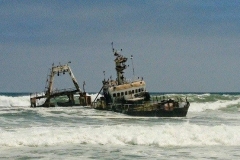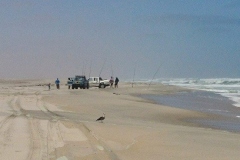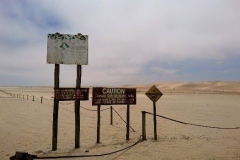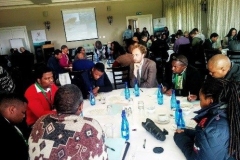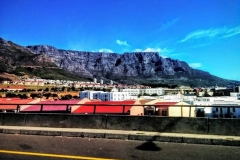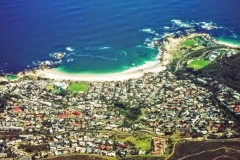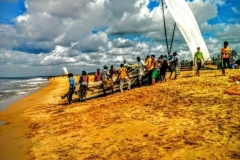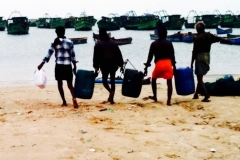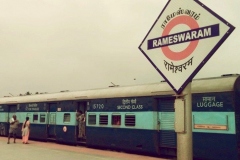
International Marine Governance: Sarah Twomey
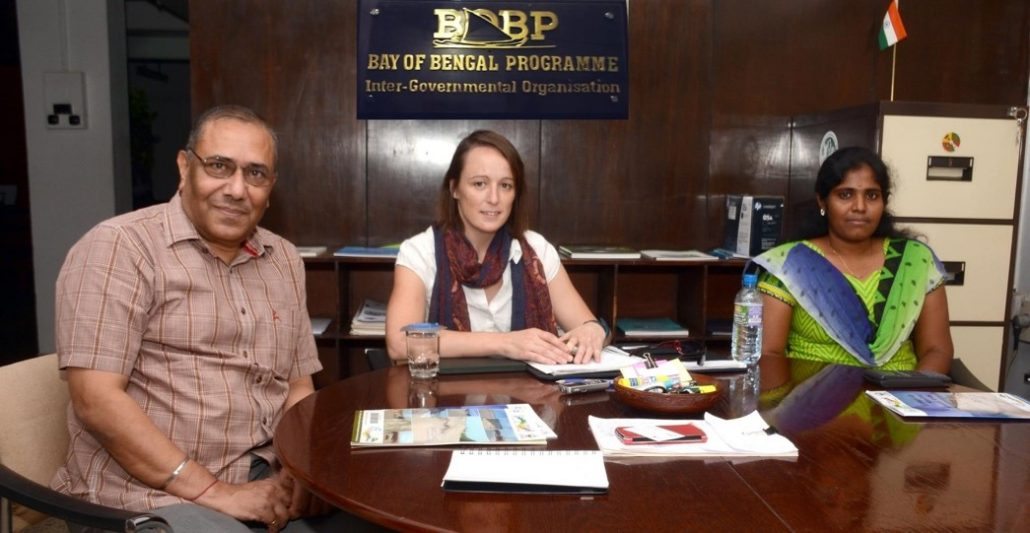
A Coastal and Marine Geographer with a background in Applied Psychology, my current role involves capacity development in Africa on behalf of s.Pro implementing and institutionalising Marine Spatial Planning (MSP) in Angola, Namibia and South Africa, three member states of the Benguela Current Commission (BCC) through the GIZ- MARISMA project (2014-2020). Unlocking the economic potential for sustainable growth is essential to achieving the region’s development goals. MARISMA supports the BCC and its member states in maximising socio-economic benefits whilst ensuring the safeguarding of the marine ecosystem’s health and services provision.
MSP is an integrative process that engages a wide range of stakeholders. Government departments, industry, NGOs and communities across the region are cooperating and working towards an agreed plan that is supported by as many stakeholders as possible and implemented by public authorities. Since commencing work on the project, I have facilitated and contributed to a host of meetings and workshops with members of the Namibian MSP National Working Group and representatives from the Department of Environmental Affairs in South Africa. These collaborative activities have been supplemented by some fascinating field trips along the vast coastline of the Benguela Current.
I am currently in my final year of a PhD in Ocean Governance through UCC’s Department of Geography which is focusing on stakeholder participation in governance processes in complex transboundary marine contexts. The research is supervised by Dr Val Cummins. The underpinning hypothesis is that geo-political context and culture profoundly influence the types of governance responses and participation of stakeholders that can occur across marine borders. The overall study aims to identify if and how stakeholder participation can prevent or resolve issues arising from complex, transboundary, marine conflict. This research applies a case study approach and extracts international lessons from three diverse geographic case studies spanning the European Atlantic, the Bay of Bengal in the Indian Ocean, and the Benguela Current in the Southern Atlantic.
In December 2015, I embarked on fieldwork in South Asia to examine Palk Bay and its highly contentious maritime border that separates the southern Indian state of Tamil Nadu and the Northern Province of the island nation of Sri Lanka. This region features complex cross-border relations, has experienced recent and historic migration, and has now emerged as an intense hotspot of conflict relating to illegal fisheries activity. Based on extensive fieldwork in Rameswaram, Chennai, Mannar, Jaffna and Colombo, qualitative open-ended interviews with diverse stakeholders and a structured media analysis, this case study evaluates the role of stakeholder participation in the responses of the existing Palk Bay governance system to a host of social, technological and environmental transformations in the past century. I also spent five days in the Institute for Ocean Management in Anna University, Chennai, facilitated by Prof Ramesh Ramachandran and the wider FEC network in India.



